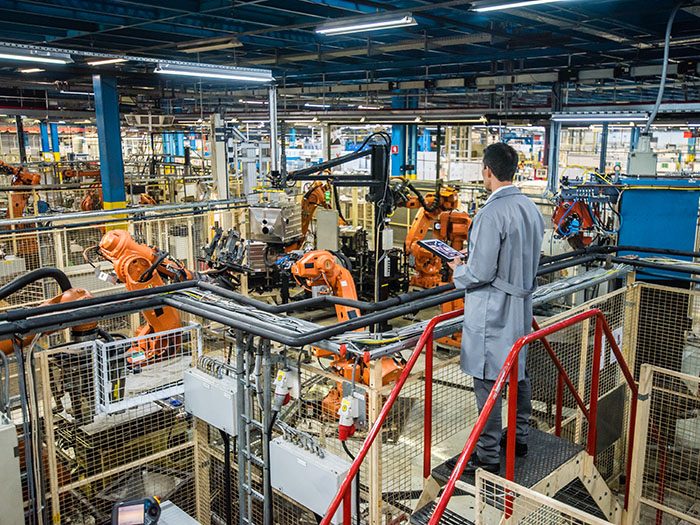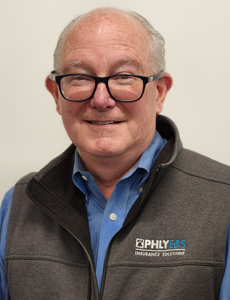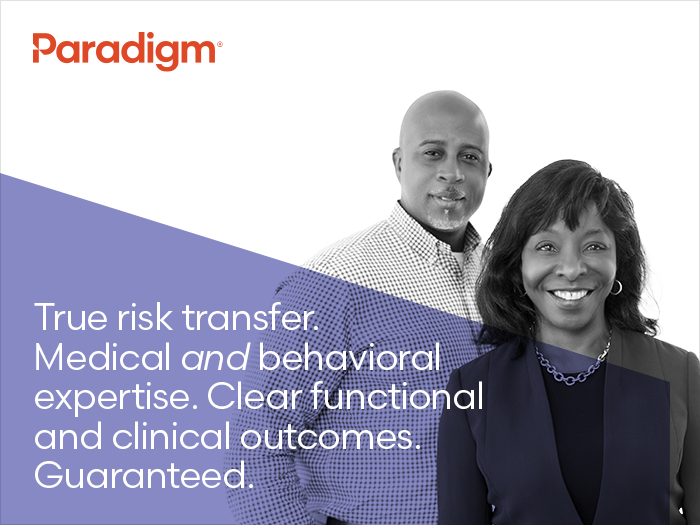Entering the Admitted Manufacturing Space: Why E&S Carriers May Be a Great Fit for Insureds Working with Innovative Technologies

As Grant Kelley, AVP of underwriting, Philadelphia Insurance Companies (PHLY), likes to say, admitted carriers for manufacturing risks have “been around since the wheel was manufactured in dirt.”
Admitted carriers have long had interest in underwriting manufacturer’s general liability risks. The manufacturing industry has been around for a long time, and underwriters feel comfortable pricing its exposures.
“The manufacturing segment is a very mature industry for insurance,” he said. “Everybody always wanted manufacturing accounts.”
While carriers may be comfortable with the vast majority of manufacturing risks, new entrants in the market, especially those working with innovative technologies or foreign manufactured goods may face challenges finding coverage.
As the market continues to grow, carriers that once wrote non-admitted E&S general liability policies for manufacturers may enter the admitted space, providing solutions for younger ventures that may have had difficulty placing these risks in the past.
“We try to make it as easy as we can working with our agents and our clients,” Kelley said.
“The exciting thing about this is we were trying to apply all those attributes not only to what E&S has been doing overall but to this new product, and we’re starting to develop. We’re seeing the momentum starting to build.”
The State of the Admitted Manufacturing Market
Admitted carriers have a broad appetite for manufacturing risks. According to Kelley, the market is deeply competitive: “There’s a lot of players involved. A lot of carriers want the business,” he said.
One opportunity Kelley sees is for carriers who are interested in underwriting general liability policies for smaller manufacturing clients or new entrants to the market.
For years, PHLY has offered specialty policies for these clients, but this year they’re dipping into the admitted general liability space, offering a product for clients in 17 states and 14 different classifications of manufacturing businesses, including machinery, metal goods, and electrical parts manufacturing amongst other categories.
“It’s a small product offering and I think it’s probably best for the smaller businesses, especially new businesses or new ventures that are opening up — those that are maybe some foreign manufacturers that are entering the U.S. marketplace for importing and distributorships,” Kelley said.
Many admitted carriers expand their operations to include E&S general liability policies for manufacturing clients, but it’s less common for E&S operations to expand into the admitted space.
“What we’ve been doing for 10 years, is writing a lot of new ventures that the admitted manufacturing base is not comfortable with,” Kelley said.
“It’s placements that have been challenging to place, where either the underwriter is not comfortable with the operation on the admitted side or there’s been some loss experience or it’s a new venture, and they don’t have the performance history to get people some confidence in their decision.”
New Products, New Technologies, New Exposures
Though there is a broad appetite for manufacturing general liability risks amongst admitted carriers, the market is still figuring out how to manage several emerging exposures.
In terms of risk profiles, manufacturing sector businesses are often looking for coverages for new products and technologies. Questions over exposures for businesses importing foreign goods, opening new offices in the U.S. or working with new chemicals or tools will also all come to the fore as the marketplace continues to expand.
“New products, new technology, foreign-manufactured goods — as we continue to expand the marketplace worldwide, those would be the challenges,” Kelley said.
Tools like nanotechnologies, in which manufacturers manipulate matter on an almost atomic scale, are becoming more common in sectors as varied as food technology, energy technology and consumer products.
As manufacturers work with these novel technologies, some may worry about the potential for future liability claims. There may be concern over the safety of new chemicals and whether they’ll lead to claims in the distant future.
“We’re constantly identifying new chemical toxins and metals that are out there,” Kelley said. “Twenty years from now, we might find what is being done today may be creating some issues.”
What Should Insureds Look for in an Admitted Manufacturing Carrier?
With such a competitive market and the potential for new exposures emerging from novel products and technologies, insureds and their agents and brokers need to carefully assess admitted manufacturing carriers to ensure they’re choosing the right partner.
Kelley recommends that insureds work with their brokers to find a carrier that is eager to understand their exposures, even if they’re a new entrant into the sector. Manufacturers working with novel products should seek underwriters who are interested in learning more about emerging exposures.
“What makes us tick as underwriters is realizing what we don’t know and having fun trying to research it and trying to come up with some answers,” he said.
One thing that’s important to manufacturing sector insureds is their carrier’s response time. Enterprises want to know promptly if a carrier will give them a quote for an admitted general liability policy and fast claims response times are always appreciated.
“If I’m an agent, if I’m an insured, I’d like to go to work with a market that tells me if they can do it or can’t do it very quickly,” Kelley said.
Small insureds with new manufacturing ventures or distributors of foreign manufactured goods with new U.S. subsidies will want to choose an admitted general liability partner that is comfortable writing exposures without extensive performance or loss histories.
Since PHLY is entering the admitted manufacturing space after years of writing general liability policies as a surplus line, they have more experience underwriting these types of clients and are excited to help their insureds transition to the admitted side.
“Our experience has been based on the success we’ve had with writing this business on a surplus lines basis,” Kelley said.
“With this new product, we’re hoping we can work with some of these accounts we have written initially as new ventures, and tell them we now have the ability to expand it out and they don’t need to keep it in the surplus lines anymore.” &











